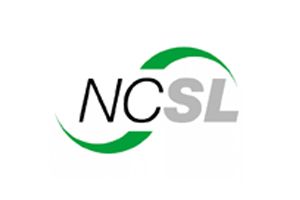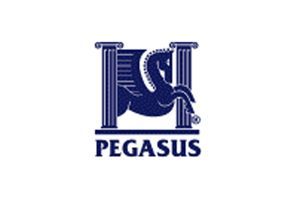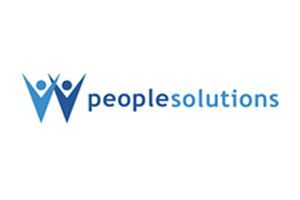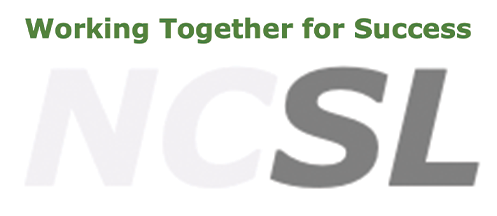Upskilling Talent & High Potential Leaders
Thrive in uncertain times & exercise your full potential through individual and collective development.
Upskilling Talent & High Potential Leaders
Thrive in uncertain times & exercise your full potential through individual and collective development.
Co-consulting partnership
Client-centred mindset
Personalised development
Shared responsibility perspective
Co-consulting partnership
Client-centred mindset
Personalised development
Shared responsibility perspective
Our Services
Reach Your Potential
Coaching
Executive coaching
Career coaching
Personal coaching
Team coaching
For school heads

Team Development
Team diagnostics
Building teams
Developing teams
Measuring & evaluating teams
Coaching
Executive coaching
Career coaching
Personal coaching
Team coaching
For school heads

Team Development
Team diagnostics
Building teams
Developing teams
Measuring & evaluating teams
Fit-For-Purpose Services
Today, we are in a world of work where the pace and relentlessness of change demands continuous personal and professional development. We deliver thought-provoking coaching and mentoring for senior leaders, hypos, teams, executives and board members to inspire and ignite lasting change.


Accelerate Growth
& Motivate Change
Want stronger team dynamics? Need to accelerate your career? We’ll help you discover your innate ability to succeed with our carefully curated array of evidence-based bespoke solutions, designed to accelerate your growth, target and reach your specific goals.

Make It Happen
Reach Your Optimum Career Potential.
Whether you’re seeking the confidence to change your path or you’re considering the next step of your journey, we ensure ambitious, focused professionals have the skills to get where they want to be; we equip them with the mindset and the components needed for a rewarding career.


Perform Better
A Strong Team Adds Value. The best organisations are the ones that see the value in prioritising growth and development in the workplace. From upskilling to inspiring more dynamic leadership, we facilitate your teams by helping them realise their true potential.

Why People Believe In Us
"Leadership is like beauty: It's hard to define, but you know it when you see it."
- Warren G. Bennis
"The best session I have ever attended at CIMA"
John Smith, London
I had no idea how important all this was. Equilearn made it so fascinating too!
John Smith, London
"What an engaging session! Really motivating"
John Smith, London
"Really enjoyed last night... Found it an insightful, invigorating and thought - provoking"
John Smith, London
Take our free leadership assessment.
Contact us
If you want to learn more about our fit-for-purpose services to assist in the development of talent and potential, please contact us using the simple form below.
Contact Us
We will get back to you as soon as possible.
Please try again later.
All Rights Reserved | Equilearn Ltd | Website by Infoserve | Cookies & Privacy Policy










